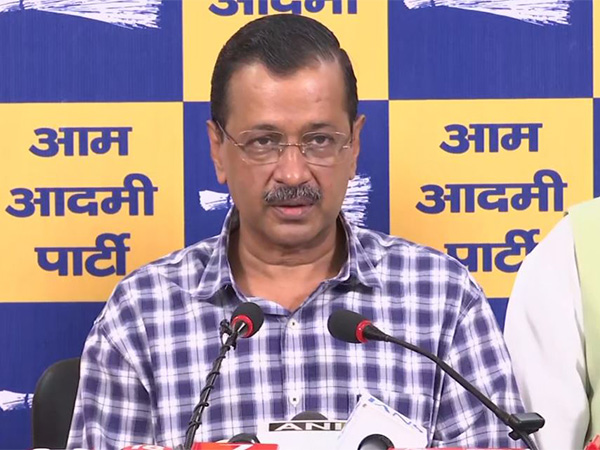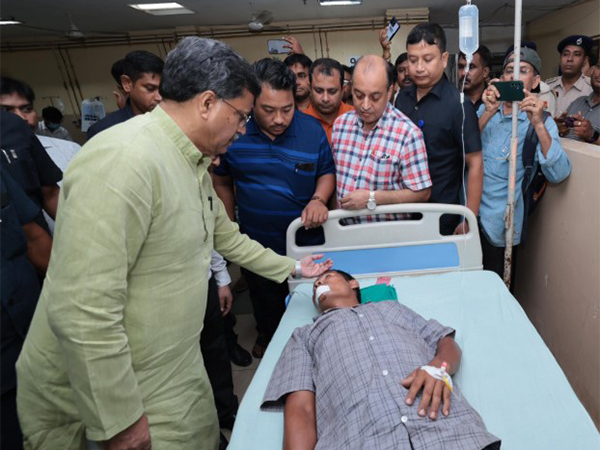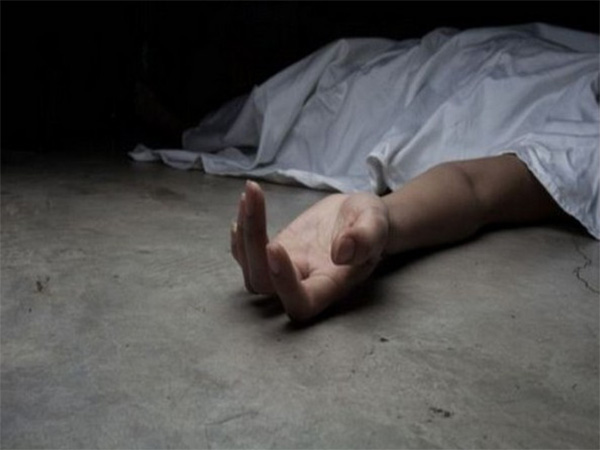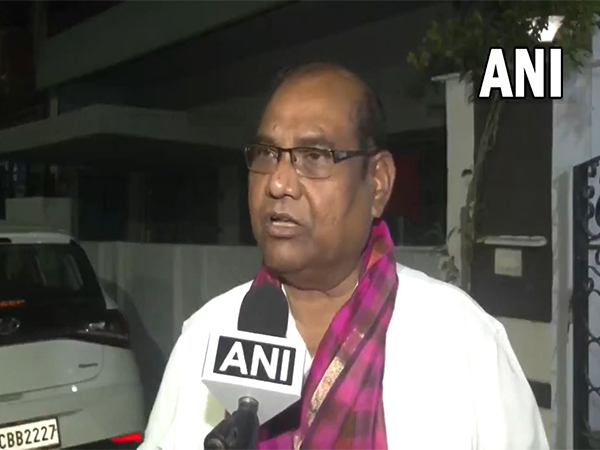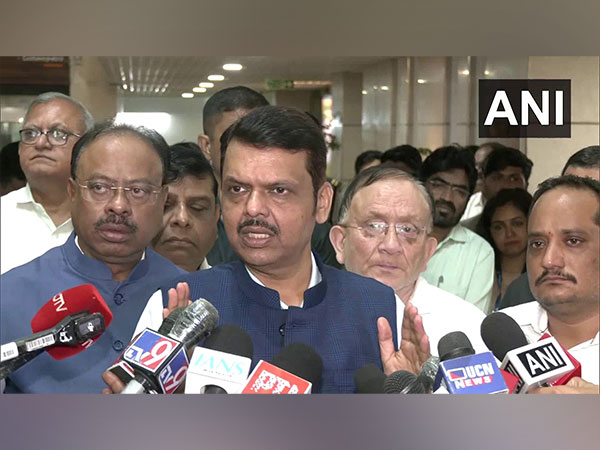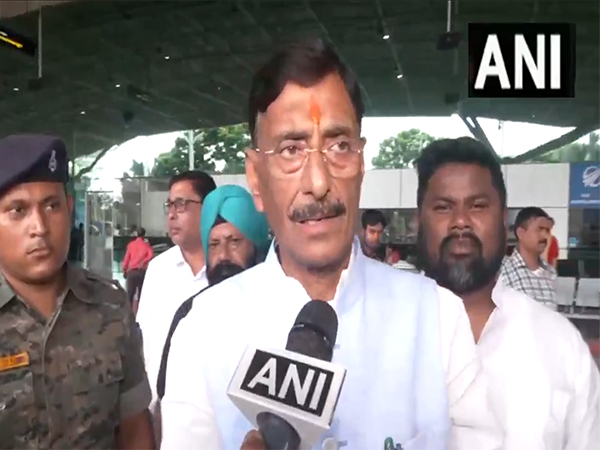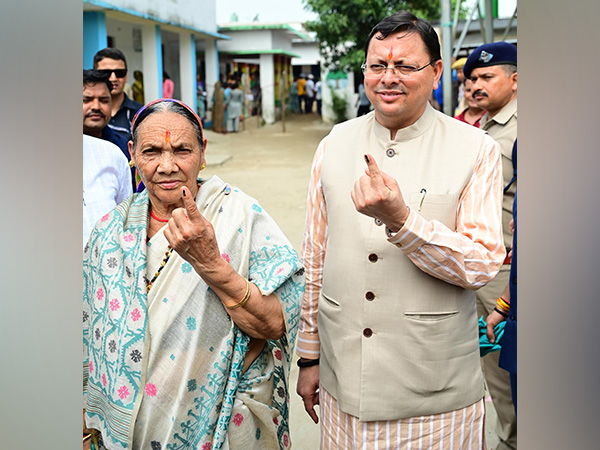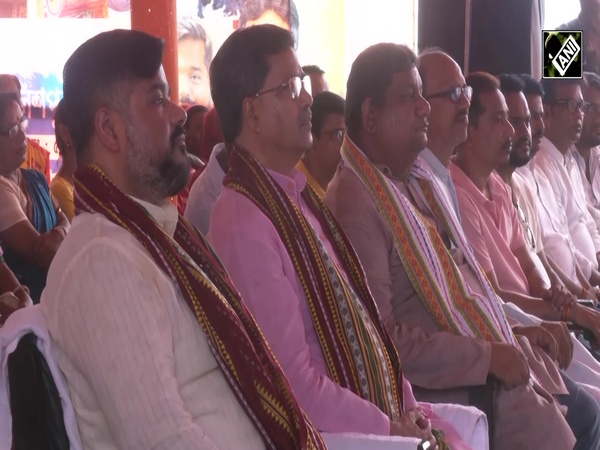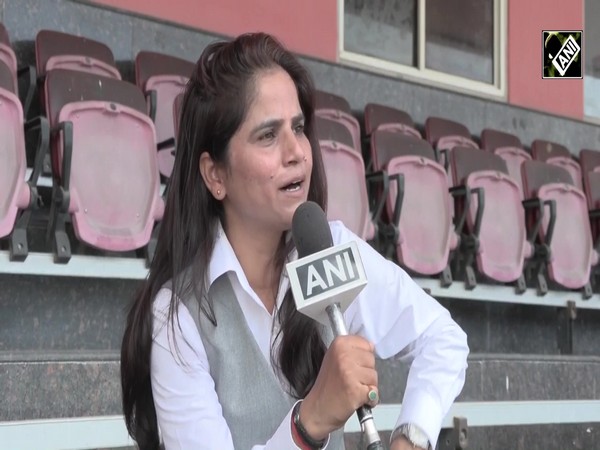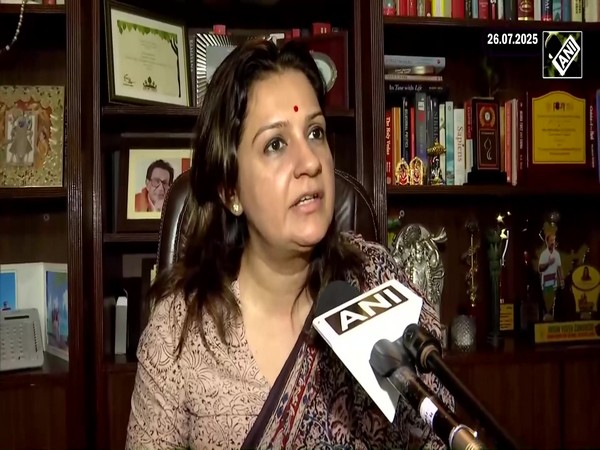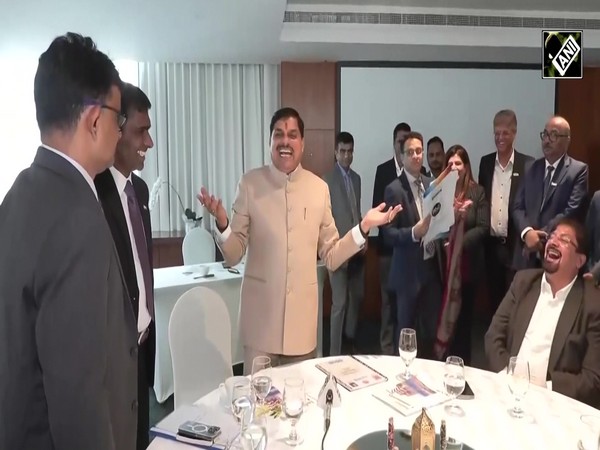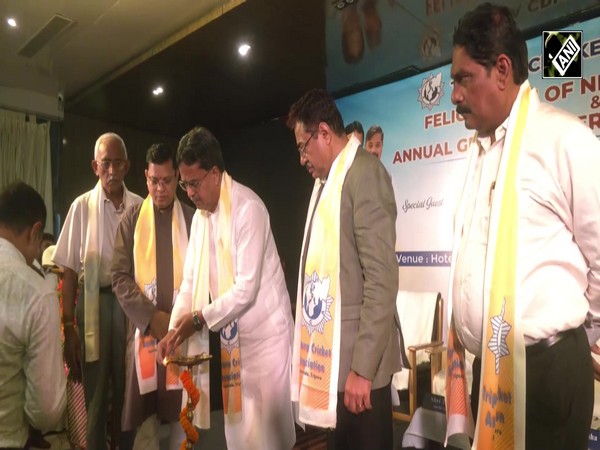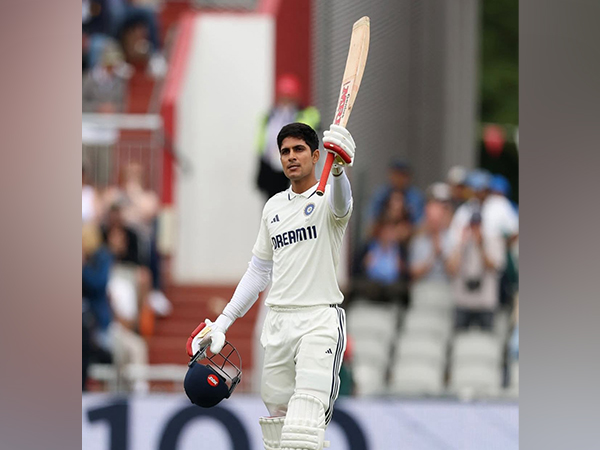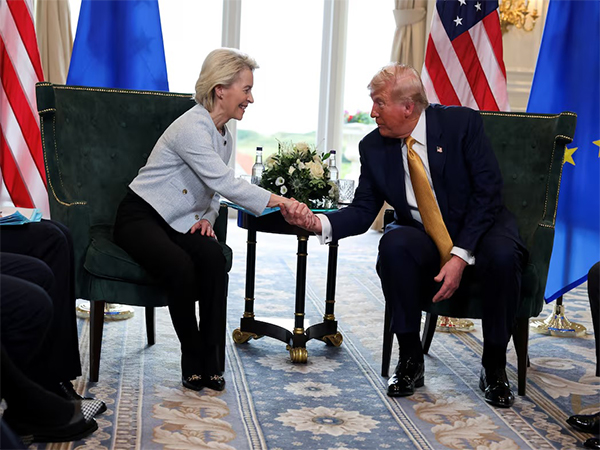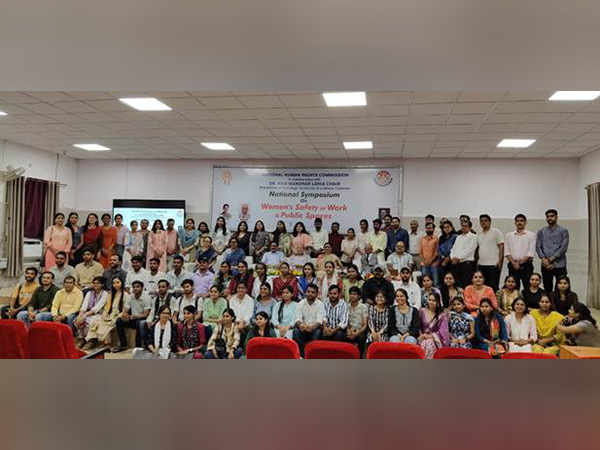
NHRC organises National Symposium on 'Women's Safety at Work and Public Spaces' in collaboration with Lucknow University
Jul 27, 2025
New Delhi [India], July 27 : The National Human Rights Commission (NHRC), in collaboration with the Dr. Ram Manohar Lohia Chair, Department of Sociology, University of Lucknow, successfully organised a National Symposium on 'Women's Safety at Work and Public Spaces' on July 26.
This marked the second national symposium on this critical subject, following the inaugural symposium held on 9th September, 2024. The initiative comes in the wake of rising incidents of crimes against women in both professional environments and public domains across the country.
Delivering the keynote address virtually, NHRC Chairperson, Justice V. Ramasubramanian reflected on the contrast between India's cultural reverence for goddesses and the grim reality of violence against women, citing that nearly 51 FIRs related to such crimes are registered every hour, according to the National Human Rights Commission.
He recalled the protracted struggle behind the enactment of the Prevention of Sexual Harassment at Workplace Act, 2013, and emphasised that, despite the notable pursuit of education and careers, Justice Ramasubramanian urged for enhanced awareness, stronger enforcement mechanisms, and systemic changes to ensure their safety and dignity.
Saidingpuii Chhakchhuak, Joint Secretary, NHRC, explained the necessity of organising the symposium, sharing personal experiences to highlight how, despite comprehensive legal frameworks, daily reports of gender-based violence persist. She said that NHRC, India takes proactive measures to promptly address such issues of human rights violations.
She expressed her hope that future generations would be more vocal and action-oriented regarding women's rights. Chhakchhuak also called upon educators to be more sensitive to gender issues to uphold the dignity of all, noting that not all crimes are overtly violent. She urged a strong focus on policy, enforcement and public awareness.
Prof. S.K. Chowdhury, University of Lucknow, emphasised that rights to liberty and equality are enshrined in the Indian Constitution. However, he propounded that awareness alone is insufficient--people must also have the confidence to report crimes.
He called for structural adjustments in society and stressed the need to foster a culture of human rights that translates into everyday behaviour. Prof. S.M. Patnaik, Director, Centre for Tribal Studies and Head, Department of Anthropology, University of Delhi, offered a socio-anthropological perspective on harassment in public spaces.
He discussed how patriarchy and anonymity reinforce gendered violence. Quoting Carl Sagan- "Absence of evidence is not evidence of absence", he cautioned against assuming that lack of data indicates the problem has subsided. Prof. Patnaik called for empathy, gender sensitisation from a young age and the creation of support systems for women.
Dr. P.K. Gupta, Associate Professor at the University of Lucknow, brought attention to the prevalence of domestic crimes against women. He highlighted the need to address behavioural patterns at the individual level, emphasising that change must begin within the household to make broader societal impact.
Dr. S.N. Sabat, Chairperson, Uttar Pradesh Subordinate Services Selection Commission, focused on existing legal mechanisms that uphold women's dignity. He stressed the need to invest in emerging technologies and surveillance systems to bolster women's safety, especially in urban spaces. Prof. Nilika Mehrotra, Jawaharlal Nehru University, spoke about the critical role of public transport systems in ensuring women's safety. She stressed the need for context-sensitive solutions and called for greater sensitivity within law enforcement and the judiciary, arguing against a "one size fits all" approach.
Speakers discussed systemic injustices, gender stereotypes and institutional inertia that hinder the realisation of constitutional guarantees. The need for legal awareness, proactive state interventions and greater representation of women in decision-making bodies was emphasised.
The evolution of human and women's rights globally and within India was also discussed, as well as how the Indian constitutional provisions align with the Universal Declaration of Human Rights. Existing mechanisms and initiatives such as SHE-Box, One Stop Centres and Pink Police Booths were also highlighted by several speakers.
The NHRC, India reaffirmed its commitment to addressing gender-based violence and strengthening collaborative efforts across institutions to create safer, more inclusive public and professional spaces for women.
